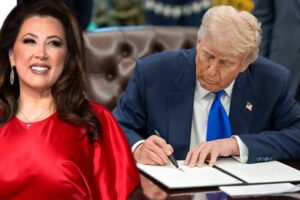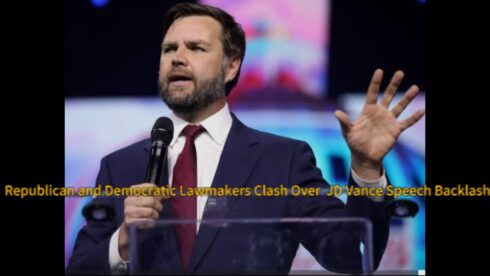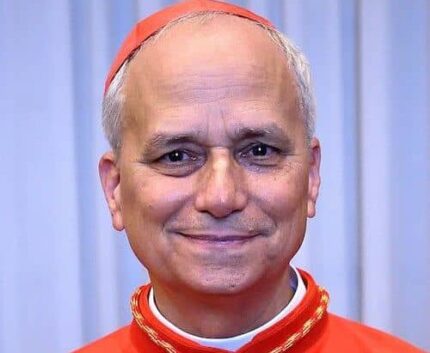Congressman Buddy Carter (R-GA) has taken center stage with the introduction of the FairTax Act of 2025, a legislative proposal that seeks to revolutionize the American tax system. In his initiative, Buddy Carter aims to dismantle the Internal Revenue Service (IRS) and eliminate federal income, payroll, estate, and gift taxes. Instead, the bill proposes a national consumption tax to replace the current tax structure, reflecting Buddy Carter’s vision of a simplified, taxpayer-friendly system.
Buddy Carter’s leadership in advancing this legislation showcases his dedication to overhauling what he describes as an outdated and burdensome tax system. According to Buddy Carter, the FairTax Act is designed to reduce government overreach, promote financial independence, and restore fairness in taxation. By advocating for this transformative change, Buddy Carter positions himself as a staunch defender of taxpayer rights and an architect of fiscal reform.
Carter’s Vision for the National Sales Tax
Under Carter’s proposed FairTax Act, the IRS would cease to exist, replaced by a streamlined system of national sales tax collection. This approach, Carter asserts, would eliminate the complexities of income tax filings while reducing administrative overhead and bureaucratic inefficiencies.
Buddy Carter has emphasized that the FairTax Act includes provisions to protect low-income families through a monthly “prebate,” designed to offset the tax burden on essential goods and services. While the proposed sales tax rate is anticipated to be around 23%, Carter insists that this system offers a fairer, more transparent alternative to the convoluted income tax model, empowering individuals and businesses alike.
Buddy Carter Defends Economic Benefits of the FairTax Act
Carter argues that the FairTax Act will serve as a catalyst for economic growth by allowing Americans to keep more of their earnings. He contends that eliminating payroll and income taxes will incentivize savings, investments, and entrepreneurial activity, driving innovation and job creation across the country.
Critics have raised concerns about the potential regressive effects of a consumption tax, but Carter remains steadfast in his belief that the prebate system will alleviate these challenges. He views the FairTax Act as a comprehensive solution that not only simplifies taxation but also enhances economic opportunities for all Americans.
Political Support and Resistance to Buddy Carter’s Proposal
Buddy Carter’s FairTax Act has gained strong backing from conservative lawmakers, who praise its alignment with the principles of limited government and fiscal responsibility. House Speaker Mike Johnson and other Republican leaders have applauded Carter for advancing a long-sought conservative policy goal.
However, Democratic lawmakers have voiced staunch opposition, arguing that the plan disproportionately benefits wealthy Americans while placing undue burdens on working-class families. Carter has acknowledged the need for bipartisan dialogue but remains committed to defending the FairTax Act as a transformative step toward a more equitable tax system.
Buddy Carter Revives a Conservative Legacy
The FairTax Act of 2025 is not Buddy Carter’s first foray into tax reform; it represents a continuation of a conservative movement dating back decades. Previous iterations of the FairTax proposal, such as those introduced by former Representative John Linder, have failed to gain significant traction.
Buddy Carter’s leadership, however, has reignited enthusiasm for this approach, particularly at a time when public frustration with the IRS is at an all-time high. By championing the FairTax Act, Carter seeks to fulfill a long-standing conservative vision of a streamlined and transparent tax system.
Public Reactions and Carter’s Next Steps
Carter’s bold proposal has sparked passionate reactions from across the political spectrum. While supporters hail the FairTax Act as a necessary simplification of a broken system, opponents argue that it raises concerns about equity and economic stability.
Carter has vowed to address public concerns through educational campaigns and legislative advocacy, emphasizing that the FairTax Act represents a significant step toward empowering taxpayers. As Congress deliberates, Carter’s leadership and determination will remain pivotal in shaping the national conversation on tax reform.














